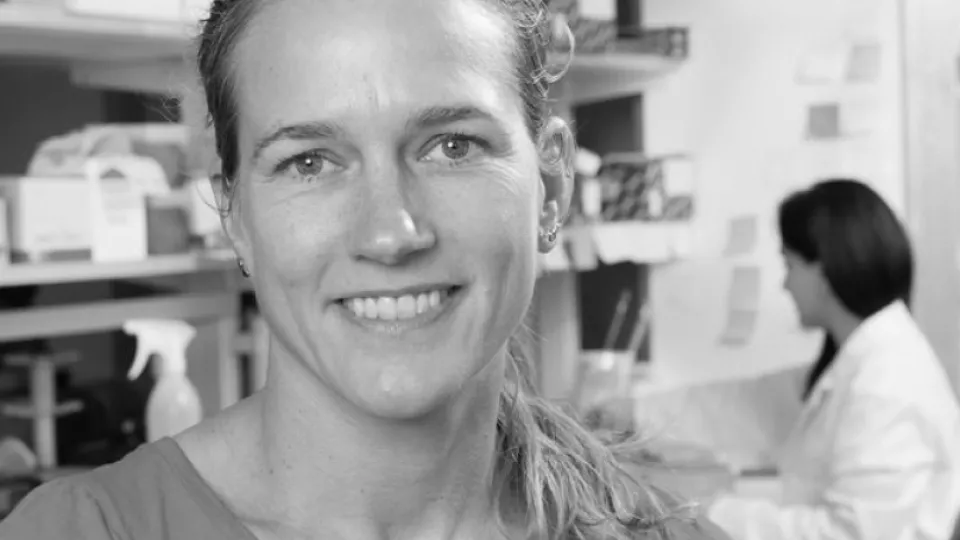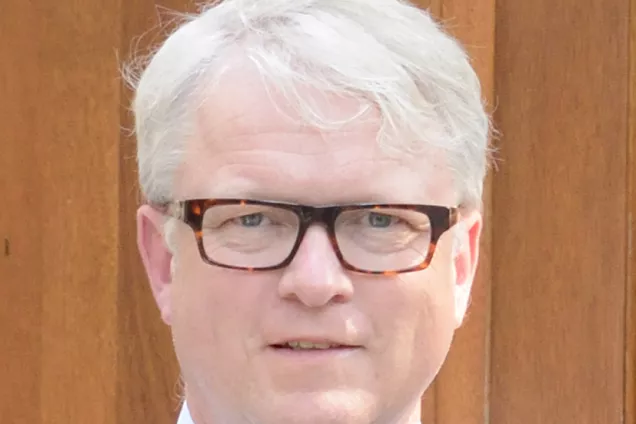Congratulations, Anna Falk, coordinator of the Indicell collaborative project at Lund University! You’ve just been granted SEK 40 million, spread out over five years, for “the implementation of clinical workflows for individualised stem cell therapy”. How does it feel?
– It feels great that Vinnova wants to invest in this, and really exciting to get IndiCell up and running with our fantastic team.” Why do you think you were awarded the grant? “IndiCell is a timely project; an initiative in the field of stem cell treatments is needed in Sweden. We’ve put together a really great team, in which all sectors (academia, industry, healthcare) play important roles and all parties are essential to the implementation of the project. We worked incredibly hard on our application, and I think another important aspect is that we managed to communicate and concretise this advanced and complex area in a way that could understood, such as explaining needs and solutions for getting stem cell treatments to patients.
What does the grant mean for your research?
– It means a lot! Now the IndiCell team and I have the opportunity to get stem cell therapies to patients and to drive and develop this field both in Sweden and globally. It also means that we can recruit researchers and doctoral students for the work with stem cell therapies. Lund University is the coordinator for the innovation environment, which also includes Skåne University Hospital, SUS.
Can you describe your collaborative efforts to develop new treatments?
– We’ve established a close collaboration with SUS, which is also a partner in IndiCell and will run one of the work packages. We’re also working to strengthen the collaboration between LU and SUS in a broader perspective, too – one that not only includes stem cell treatments but also other advanced therapy medicinal products (ATMPs), such as gene therapy and biomaterials with cells.
What’s the first thing you’re tackling now?
– Kicking off the project, recruiting staff and growing cells!
Anna Falk and her team’s specific section of the IndiCell innovation environment focusses on reprogramming skin cells into so-called “induced pluripotent stem cells” (iPS cells), i.e., cells from human tissue that are reprogrammed into stem cells and that can be used to develop various stem cell therapies. The cells can also be used to study the underlying causes of neural developmental diseases or neuropsychiatric syndromes.
– IndiCell has three main goals: to develop iPS cell therapies for Parkinson’s disease and macular degeneration, to create a development pipeline for iPS cell therapies where knowledge, processes, methods, quality controls and more will be accessible in the form of documents, routines, staff and infrastructures and can then be applied to develop stem cell therapies for other diseases such as diabetes, cancer and osteoarthritis. We’re also striving to make IndiCell and Sweden an important global player in stem cell therapies. For patients, the results may mean new treatments for diseases for which treatments are rarely available today, or whose treatments aim to alleviate symptoms.
Is it possible to predict when this will happen?
– The honest answer is that we don’t know, we hope the funding for IndiCell will accelerate the process.

